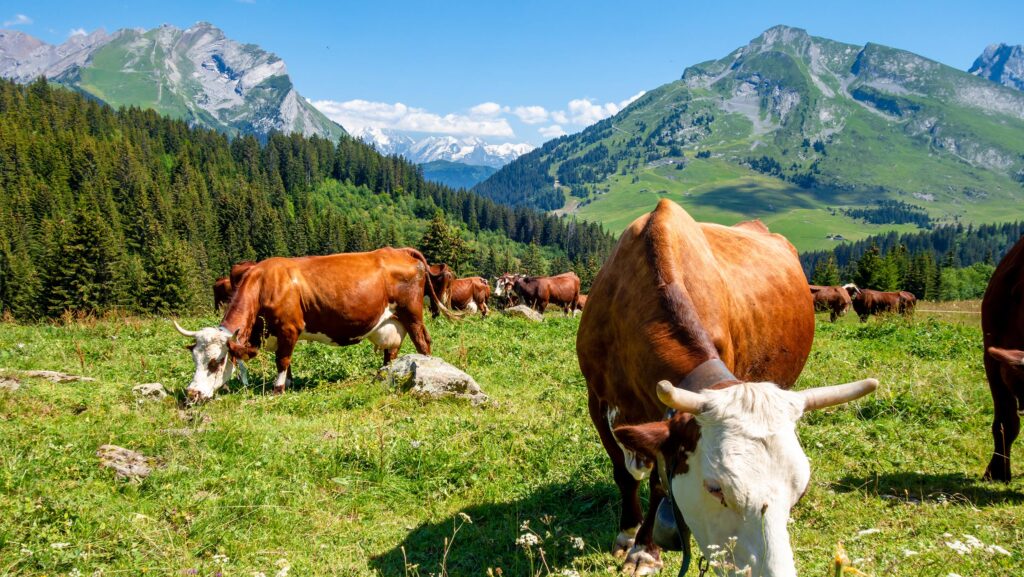Red Tractor can learn from rest of Europe, says AHDB
 © Adobe Stock
© Adobe Stock The Red Tractor farm assurance scheme may be the most comprehensive in Europe in terms of meeting its objectives, but it is also the most prescriptive and there are things to learn from other countries’ systems.
Those are among the findings of a new report from the AHDB comparing English farmgate standards with those in other key markets for beef and sheep.
See also: AHDB finds Red Tractor outperforms Australia and NZ rivals
Undertaken by the Birnie Consultancy and verified by a panel of independent experts, the study seeks to assess the relative performance of various quality assurance schemes in England, France, Germany, Ireland, the Netherlands and Poland.
To achieve this, the study considered 14 different areas of farm assurance, such as traceability, food safety, animal husbandry, youngstock management and transport.
It then asked a series of detailed questions against each, to see how the various schemes performed, including around audit frequency, cattle identification and staff training.
Scores were awarded according to how well each scheme delivered, weighted to account for the different production conditions and assurance objectives in each country.
According to AHDB lead analyst Tom Dracup, the aim was not to show that Red Tractor was necessarily better, but to collate evidence, both to feed into the ongoing review of UK farm assurance, and to see where improvements can be made.
Prescriptive
The report found that Red Tractor achieved a higher weighted average score in most areas, although that in part reflected the fact that the scheme was consistently more prescriptive than the other schemes.
The Netherlands’ Beter Leven scored higher in husbandry procedures and youngstock management, while Germany’s Quality System scheme was better in animal transport, food safety and traceability.
The French Label Rouge scheme also scored higher than Red Tractor for youngstock management.
Audit frequency and the type of audit vary considerably, too. Beter Leven and Poland’s Quality Meat Poland audit annually, whereas Red Tractor and the Irish Sustainable Beef and Lamb Assurance Scheme audit in-person every 18 months.
The Germany scheme offers a risk-based approach to audit frequency, with poorer performing farms being audited as frequently as every six months, and lower-risk farms being audited every two years.
Important step
Mr Dracup said: “This report is an important step, supporting crucial discussions for the beef and lamb sector, including the impact of standards on farmgate returns, and maximising value when it comes to market access or returns.
“Looking past the headlines, exploring the nuances of the differing schemes and how this information could inform the standards landscape looking forwards, remains a key focus point.”
